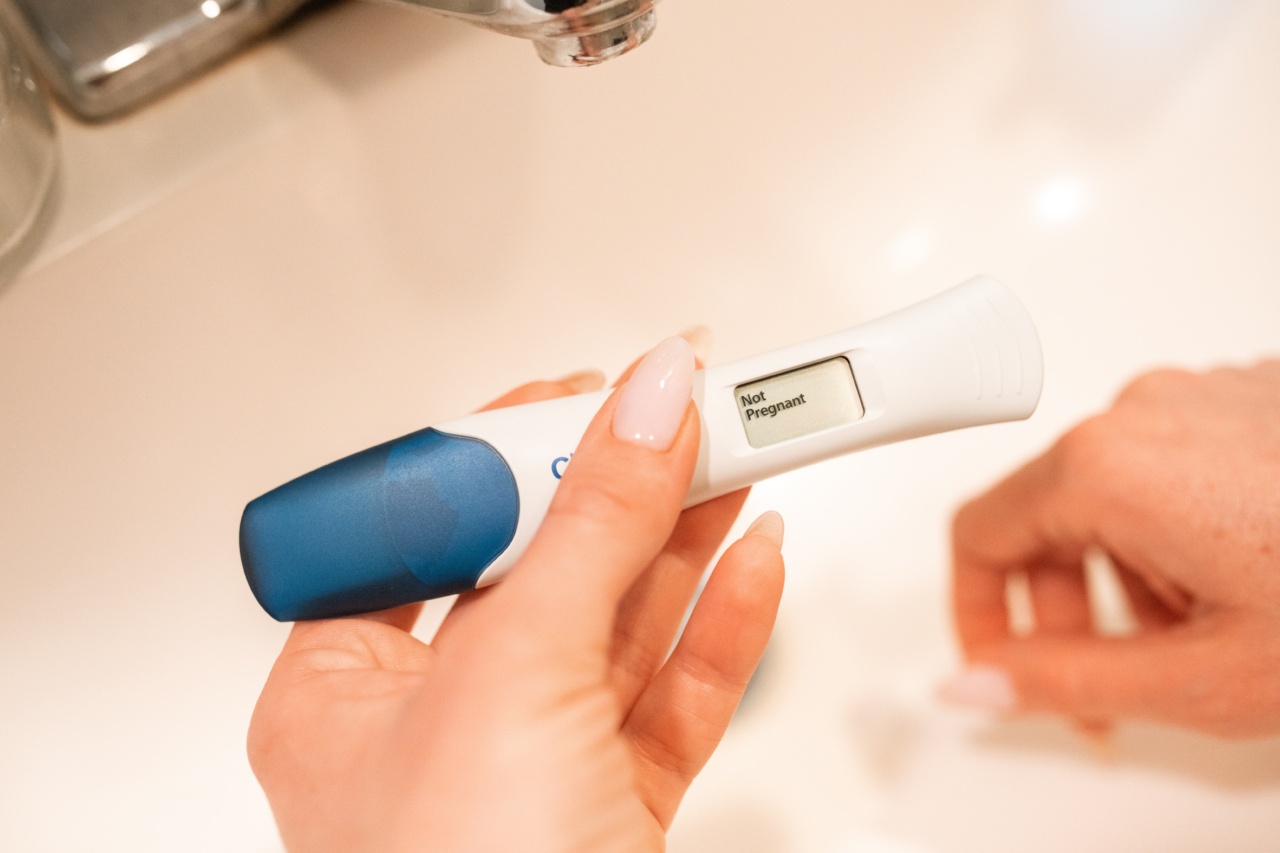High blood pressure, also known as hypertension, is a common condition affecting millions of people worldwide.
It occurs when the force of blood against the walls of the arteries is consistently too high, putting extra strain on the heart and blood vessels. If left untreated, high blood pressure can lead to a host of health problems, including heart disease, stroke, and kidney damage.
Understanding blood pressure
To better understand the restraints on optimizing blood pressure, it is important to first have a clear understanding of what blood pressure is and how it is measured.
Blood pressure is typically expressed as two numbers: systolic pressure over diastolic pressure. The systolic pressure represents the force exerted on the arteries when the heart beats, while the diastolic pressure represents the force when the heart is at rest between beats.
The ideal blood pressure range
According to the American Heart Association, a blood pressure reading of less than 120/80 mmHg is considered ideal. However, maintaining blood pressure within this ideal range can be challenging for many individuals due to various restraints.
Lifestyle factors and their impact on blood pressure
Lifestyle choices play a crucial role in maintaining optimal blood pressure. Factors such as diet, physical activity, and stress levels can significantly impact blood pressure levels.
A diet high in sodium, saturated fats, and cholesterol can contribute to elevated blood pressure, while a diet rich in fruits, vegetables, whole grains, and lean proteins can help lower blood pressure. Similarly, regular exercise, stress management techniques, and adequate sleep can all contribute to maintaining healthy blood pressure levels.
The role of genetics
While lifestyle factors are important, genetics also play a significant role in determining an individual’s blood pressure.
Some people may have a genetic predisposition to develop high blood pressure, making it more challenging for them to optimize their blood pressure levels through lifestyle modifications alone. It is essential for individuals with a family history of high blood pressure to be more vigilant and work closely with their healthcare providers to manage their blood pressure effectively.
Age-related considerations
As individuals age, their risk of developing high blood pressure increases. This is primarily due to the natural aging process, which can cause the arteries to become less flexible and more rigid.
Additionally, other age-related factors such as hormonal changes and the cumulative effects of unhealthy lifestyle choices over time can further contribute to high blood pressure. As a result, older adults may face additional restraints when it comes to optimizing their blood pressure.
Medical conditions and medications
Certain medical conditions and medications can also impact blood pressure control. Conditions such as diabetes, kidney disease, and hormonal disorders can increase the risk of developing high blood pressure and make it more challenging to manage.
Additionally, certain medications, such as nonsteroidal anti-inflammatory drugs (NSAIDs), oral contraceptives, and some antidepressants, can increase blood pressure levels as a side effect. Patients with these restraints may require careful monitoring and coordination among multiple healthcare providers to optimize their blood pressure.
The importance of regular monitoring
Regular monitoring of blood pressure is crucial for individuals looking to optimize their blood pressure. This can be done through home blood pressure monitoring devices or regular visits to healthcare providers.
By keeping track of blood pressure readings over time, individuals can identify trends and make necessary adjustments to their lifestyle or medications to achieve better blood pressure control.
The role of medication
For individuals who are unable to achieve optimal blood pressure through lifestyle modifications alone, medication may be necessary.
There are various antihypertensive medications available, and the choice of medication depends on factors such as overall health, potential side effects, and individual response. It is important for individuals to work closely with their healthcare providers to find the most effective medication and dosage to help optimize their blood pressure.
The benefits of optimizing blood pressure
Optimizing blood pressure offers numerous health benefits. By maintaining blood pressure within the ideal range, individuals can reduce their risk of heart disease, stroke, and kidney damage.
It can also improve overall cardiovascular health, enhance brain function, and increase life expectancy. With proper management and adherence to treatment plans, individuals can significantly improve their quality of life and reduce the chances of experiencing debilitating health complications associated with high blood pressure.
The importance of a multidimensional approach
Given the various restraints on optimizing blood pressure, it is crucial to approach blood pressure management from a multidimensional perspective.
This includes addressing lifestyle factors, genetic predispositions, age-related considerations, coexisting medical conditions, and medication side effects. A comprehensive, individualized approach that incorporates lifestyle modifications, regular monitoring, and appropriate medication can help individuals overcome these restraints and achieve optimal blood pressure levels.





























